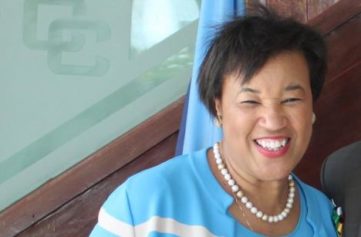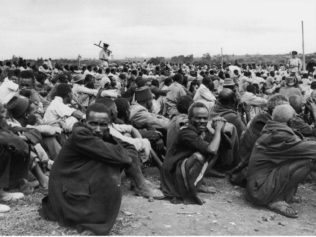In a sign of how strange the case of Julian Assange has become, a British judge has ordered the friends and supporters of the WikiLeaks founder to pay the court £93,500 (about $150,000) because Assange has skipped bail to seek asylum inside the Ecuadorian Embassy.
The judge said he actually had “real respect” for the support and commitment that the nine individuals have shown for Assange, who has been stashed away inside the Embassy since June to avoid being extradited to Sweden to answer sexual assault charges that Assange contends are just a political witchhunt.
“I say immediately that I have real respect for the way that the sureties have conducted themselves in difficult circumstances,” Howard Riddle, Chief Magistrate, told Westminster Magistrates’ Court on Monday.“In declining to publicly (or as far as I know privately) urge Mr Assange to surrender himself they have acted against self-interest. They have acted on their beliefs and principles throughout. In what is sometimes considered to be a selfish age, that is admirable.”
The supporters include a Nobel prize-winner, an aristocrat and an academic. They had agreed in February 2011 to pay up to £20,000 to the court if Assange failed to surrender into custody but when he fled to the Ecuadorian Embassy after a failed appeal, he was in breach of his bail conditions. Ecuador granted him asylum after rebuffing threats by the British government that it would break into the embassy and take him.
“I think it would be suicidal for Great Britain to enter Ecuador’s embassy. Later on, they could have their own embassies violated in all corners of the globe, and they’d have nothing to say about it,” Ecuadorian President Rafael Correa said on state TV.
Judge Riddle said that although Assange may have a “defense of reasonable cause” for not meeting police, the proceedings had to go ahead because he “may never surrender, or may not surrender for many years”.
“It would be particularly unfortunate if it became established that a defendant who absconded without in any way forewarning his sureties (supporters) thereby releases them from some or all of their responsibilities,” he said.
He said the sureties “failed in their basic duty to ensure his surrender” despite knowing the risk and the court’s concern, but admitted it was “undoubtedly unique” that Assange had sought asylum rather than trying to leave the country.
He said, “In principle I see no difference between seeking refuge in the Ecuadorian embassy, and taking flight to that country.”
The judge ruled that the nine supporters must pay the money in full by November 6th or appear in front of him to say why they should “not be committed to custody for non-payment”.


